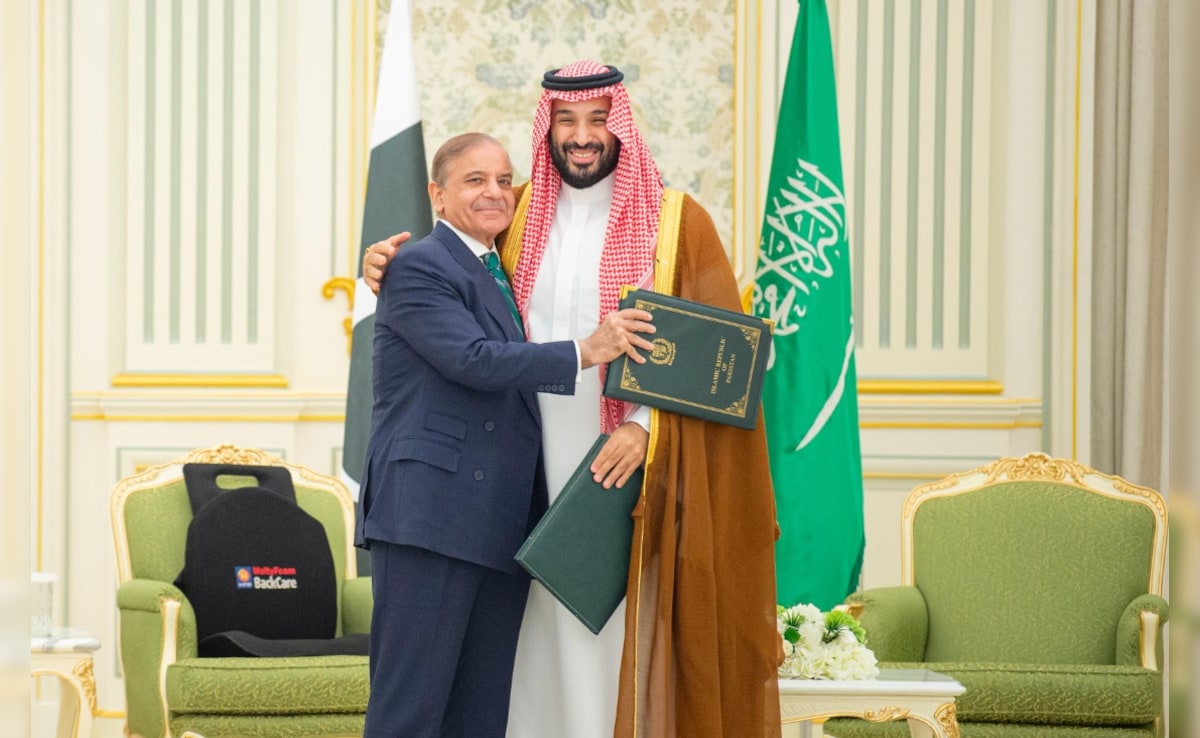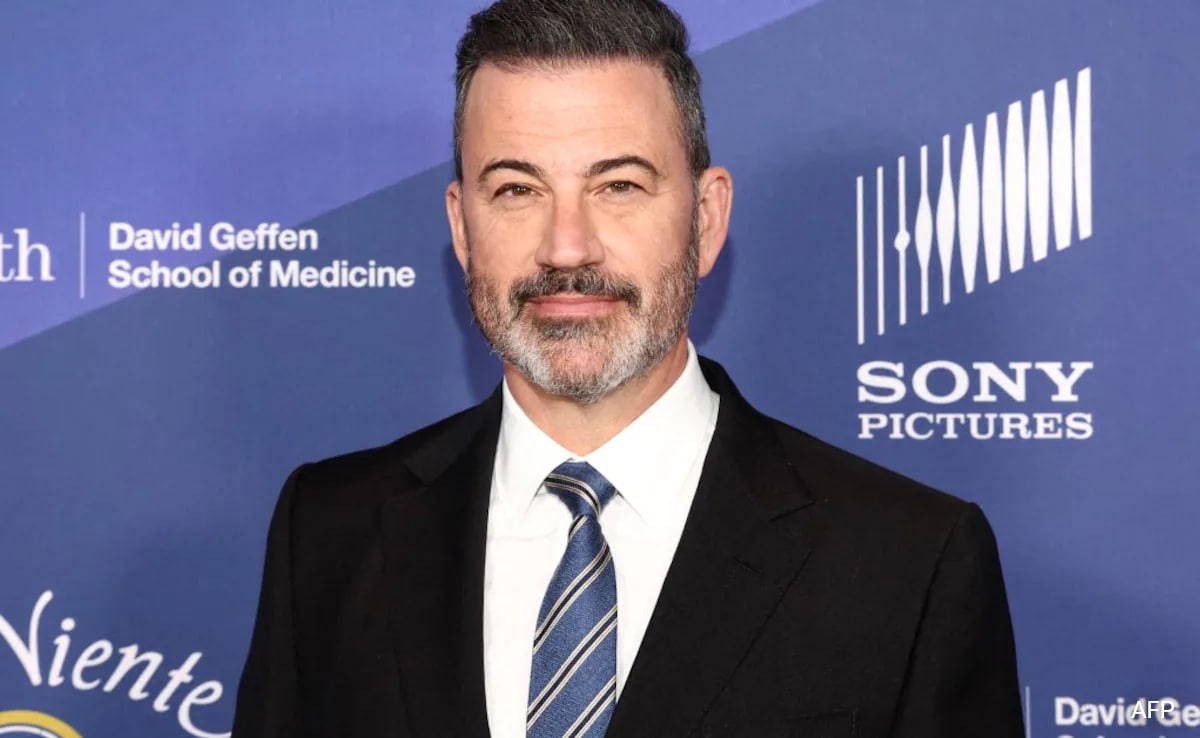Russia has massed more than 100,000 troops and military equipment near its borders with Ukraine, which was also attacked by its larger neighbor in 2014. The military buildup has pushed the United States and other NATO allies to send ammunition, antitank missiles and trainers to Kyiv, as well as to threaten Moscow with some of the most punitive sanctions it has ever faced.
The Kremlin is considering written responses by the United States and NATO to its demands â chief among them that the alliance curtail further expansion and activities in Eastern Europe. Russian Foreign Minister Sergei Lavrov said the proposals contained some positive elements, but only on issues of secondary concern to Moscow. Putin would respond promptly to the letters, a Kremlin official said, indicating diplomacy could continue.
Secretary of State Antony Blinken has said the letters, written in coordination with Ukraine, set out a serious diplomatic path forward. But the Kremlin may not budge from its desire for a grand bargain, while NATO has said it will maintain an âopen-doorâ policy for potential members.
There was little optimism that Macronâs phone call would make a decisive difference â throughout his five-year term, he has initiated a number of diplomatic initiatives that have so far yielded few results. Just this week, four-way talks involving Paris, Berlin, Moscow, and Kyiv ended without a deal, though the parties agreed to resume face-to-face talks in two weeks.
âYou have to place it in a broader context of a president who tries â and often fails â to solve crises,â said Bruno Tertrais, deputy director of Franceâs Foundation for Strategic Research.
âShaky diplomacy continues, which is the only option we have,â said Marie Mendras, a French political scientist at Sciences Po Paris who focuses on Russia.
On Thursday, U.S. officials sought to again firm up support in Europe. Defense Secretary Lloyd Austin held his first-ever phone call with his counterpart in Romania, a NATO member near Ukraine. And in a phone call with Ukrainian President Volodymyr Zelensky, President Biden pledged more financial and diplomatic support, while reaffirming that Washington would ârespond decisively if Russia further invades Ukraine,â according to a White House readout.
On the same day, the Pentagon said for the first time that elements of the 101st and 82nd Airborne Divisions, XVIII Airborne Corps, and the 4th Infantry Division were among the 8,500 troops put on high alert ahead of a possible deployment to Eastern Europe.
The Russian threat to Ukraine has also helped unify the West in a way that is potentially surprising to Russia, said Tara Varma, head of the European Council on Foreign Relationsâ Paris office. âI donât think Russia takes Europe seriously when it comes to military issues, and they thought that it would be very easy to destabilize the continent.â
One notable crack in the Western response includes diverging energy interests between Germany and other European Union members. The continent depends on Russia for about 40 percent of its natural gas needs, and Berlin has been working to set up Nord Stream 2, a major pipeline that would carry Russian gas to the German coast. Many fear that the activation of the pipeline would further German dependence on Russia.
Berlin has also been scorned by Ukraine and some other allies for refusing to send defensive weapons, instead choosing to provide the beleaguered country with 5,000 helmets.
But Foreign Minister Annalena Baerbock, who is one of the more hawkish members of the German government, told lawmakers Thursday that Berlin would be open to scrapping the Nord Stream 2 project as part of a âbroad rangeâ of potential punitive measures in the event Russia renews its aggression against Ukraine. The remarks came after U.S. State Department spokesman Ned Price declared Nord Stream 2 wouldnât proceed if Russia launched an attack.
As the West tries to tamp down rising tensions, ordinary Ukrainians are preparing for the worst.
Oleksiy Bida, a 47-year-old graphic designer, has been training as a reservist member of the 130th defense battalion for the last two years. He said he had long been had long been a committed pacifist, but Russian threats have changed the equation.
âI thought that any conflict could be resolved through peaceful means,â he said. âBut I donât believe that anymore â not with Russia.â
.png)











 English (United States) ·
English (United States) ·  Turkish (Turkey) ·
Turkish (Turkey) ·